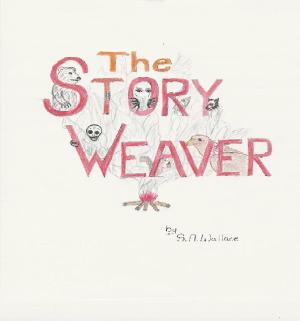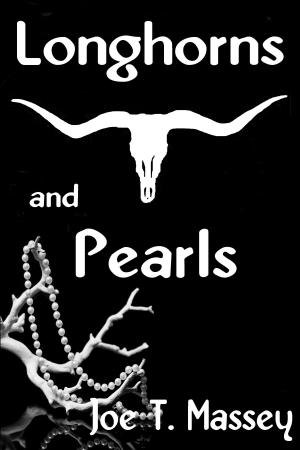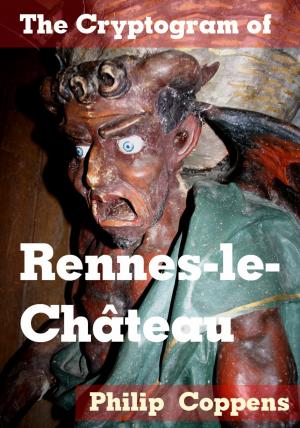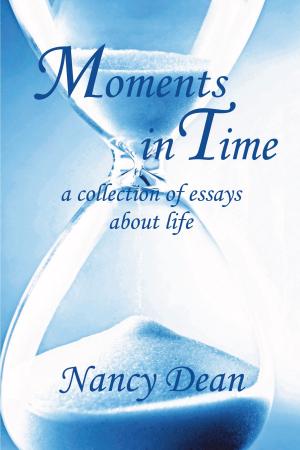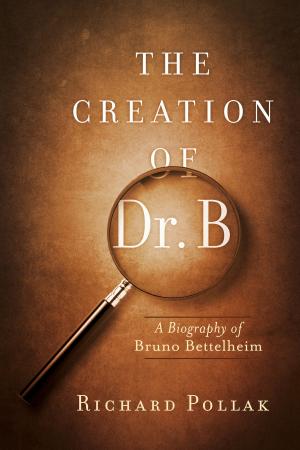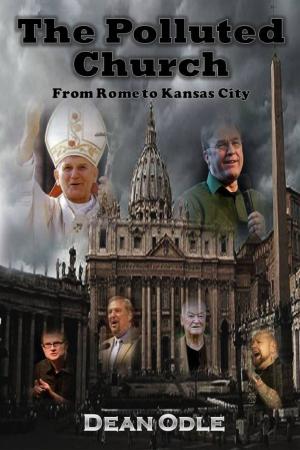| Author: | Hale McCaffley | ISBN: | 9781626754775 |
| Publisher: | BookBaby | Publication: | April 1, 2013 |
| Imprint: | Language: | English |
| Author: | Hale McCaffley |
| ISBN: | 9781626754775 |
| Publisher: | BookBaby |
| Publication: | April 1, 2013 |
| Imprint: | |
| Language: | English |
This is Westbury in England in the mid-nineteen eighties and it’s where, in a freak of nature, cells in the lung of a young man divided and produced embryos. What caused this developmental anomaly is unknown. Five of these embryos grew on to form fetuses. Now if Daniel Keyes had been, say, a carrot, rather than a man, this expression of totipotency would not have been unexpected. Already in the 1950’s scientists had discovered how to stimulate somatic cells of the carrot root to produce embryos, embryos indistinguishable from their sexually produced counterparts. But Daniel was a man not a carrot and the appearance of somatic embryos in his lung was a shock. It was also Daniel’s lot to be born and live in Westbury, where, just by chance, the two men with the knowledge and skills to rescue the fetuses and grow them on in vitro, also lived. One of them, Dr. Neville Burkett, was a world famous cancer surgeon. The other, Dr. Donald Sylvester, was a scientist well known in academic circles for his work on the culture in vitro of monkey fetuses. The two men were colleagues and had produced many research publications together. The story begins when Daniel seeks medical help for pain in his chest. In this imaginary Britain the National Health Service is an all-powerful, dystopian, bureaucratic, presence in society. Even minor functionaries in its employ enjoy enormous power. Patients and doctors alike are all forced to tread very carefully. Following detection of the fetuses one might have expected their disposition by abortion. But it was a small step for Burkett, with his strong pro-life views, to enlist the help of Sylvester in rescuing the fetuses and keeping them alive. Anyway, it’s all forgotten now, of course - but this is what happened ......
This is Westbury in England in the mid-nineteen eighties and it’s where, in a freak of nature, cells in the lung of a young man divided and produced embryos. What caused this developmental anomaly is unknown. Five of these embryos grew on to form fetuses. Now if Daniel Keyes had been, say, a carrot, rather than a man, this expression of totipotency would not have been unexpected. Already in the 1950’s scientists had discovered how to stimulate somatic cells of the carrot root to produce embryos, embryos indistinguishable from their sexually produced counterparts. But Daniel was a man not a carrot and the appearance of somatic embryos in his lung was a shock. It was also Daniel’s lot to be born and live in Westbury, where, just by chance, the two men with the knowledge and skills to rescue the fetuses and grow them on in vitro, also lived. One of them, Dr. Neville Burkett, was a world famous cancer surgeon. The other, Dr. Donald Sylvester, was a scientist well known in academic circles for his work on the culture in vitro of monkey fetuses. The two men were colleagues and had produced many research publications together. The story begins when Daniel seeks medical help for pain in his chest. In this imaginary Britain the National Health Service is an all-powerful, dystopian, bureaucratic, presence in society. Even minor functionaries in its employ enjoy enormous power. Patients and doctors alike are all forced to tread very carefully. Following detection of the fetuses one might have expected their disposition by abortion. But it was a small step for Burkett, with his strong pro-life views, to enlist the help of Sylvester in rescuing the fetuses and keeping them alive. Anyway, it’s all forgotten now, of course - but this is what happened ......




